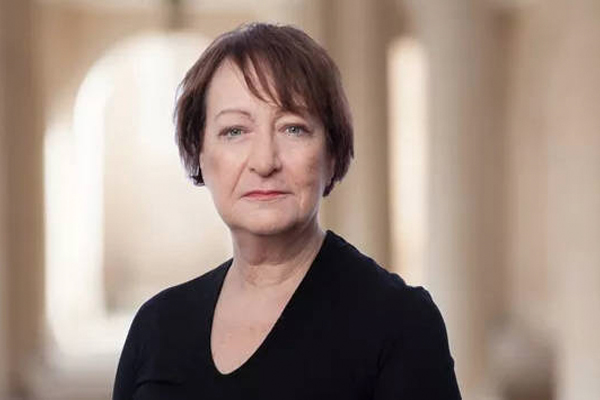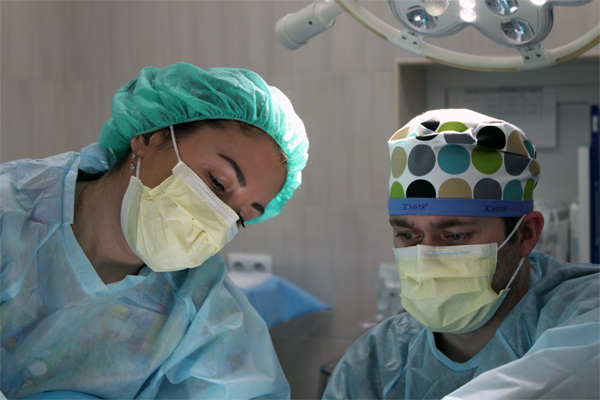The British Medical Association (BMA) has apologised to female doctors who have experienced sexual harassment and bias, after a damning report revealed a ‘toxic’, sexist culture in the association.
The independent enquiry was commissioned by the medical trade union after two female doctors alleged sexism and sexual harassment by elected members of the BMA. The enquiry findings, carried out Daphne Romney QC, described the association as an ‘old boys club’, that undervalues women.
The report revealed a ‘toxic’ culture where some female staff (doctors and other professionals) ‘feel they are undervalued, ignored or patronised’ because they are women. The report attributed this to a lingering ‘old boys’ club’ culture, which treats women as having ‘less importance and ability’. Unacceptable behaviour by male staff towards female employees included being propositioned, crude and sexist remarks, and intentionally being left out of meetings.

UNACCEPTABLE & INEXCUSABLE BEHAVIOUR
In response to the findings, BMA Council Chair Chaand Nagpaul, stated: “I am truly appalled to learn that members and staff have been subjected to sexism and sexual harassment and the behaviours described in this report. These behaviours have no place within the BMA. I am deeply sorry to those who have been affected and I thank all those individuals who came forward to contribute to the review.”
Although the report was ‘difficult’ to digest, Nagpaul said he was determined to learn from it, and make the necessary changes to become a truly inclusive association by implementing the recommendations made to address gender bias and wider harassment in the BMA.
BMA representative body Chair Helena McKeown also apologised, saying: ‘I am deeply sorry that doctors and staff have endured this inexcusable behaviour. I am of an age where sexism has pervaded so many parts of my personal and working life for too long. It’s not just within the BMA but that doesn’t mean we accept it; we don’t, and we won’t. I want the BMA to be an organisation, that as a doctor and as a woman, I am proud to be a part of and those who follow me will also be proud. This is a springboard for change and that change has already begun.”
Adding to her comments BMA Chief Executive Tom Grinyer, stated: “The allegations and the commissioning of the report by Daphne Romney QC were a backdrop to my appointment as chief executive. Today I have announced that I want to go one step further than the recommendations and introduce an external guardian of safe working and internal, staff-listening champions for all involved in the BMA. I arrived in July determined to tackle these cultural issues and this report gives us clear recommendations to do that. I call on all of us to help us deliver a fully inclusive BMA.”
TACKLING DISCRIMINATION
Grinyer said he is determined to make the BMA a place where staff and members feel valued and respected for who they are and what they do. “From today we move forward, we begin to heal the BMA and to make it an organisation to be proud of,” he stated.
The trade union, which represents about 70% of Britain’s 240,000 doctors, has promised reforms to its processes and culture in response to the inquiry. Romney made 31 recommendations, alongside the enquiry, which are now being considered by the BMA council as part of a BMA-wide governance review.

NEW MEASURES TO PROMOTE EQUALITY
The BMA has already announced a number of measures to promote equality and tackle discriminatory behaviour. These measures include an independent and external 24-hour support line, so that any member or member of staff experiencing sexism or indeed any discriminatory behaviour can speak to someone in confidence. It has introduced an independent complaints investigation process to be carried out by an experienced external firm so that members and staff alike can be assured of impartiality.
The BMA has also launched a new programme entitled ‘Equality Matters’ to help educate all BMA members and staff on equality, diversity and inclusion, and has started to develop bespoke face-to-face training for all members in elected roles and for chairs of committees on inclusive leadership. Dr McKeown will also set up a group for BMA’s female staff, the association added.
For more information, and a copy of the report, click here.








































